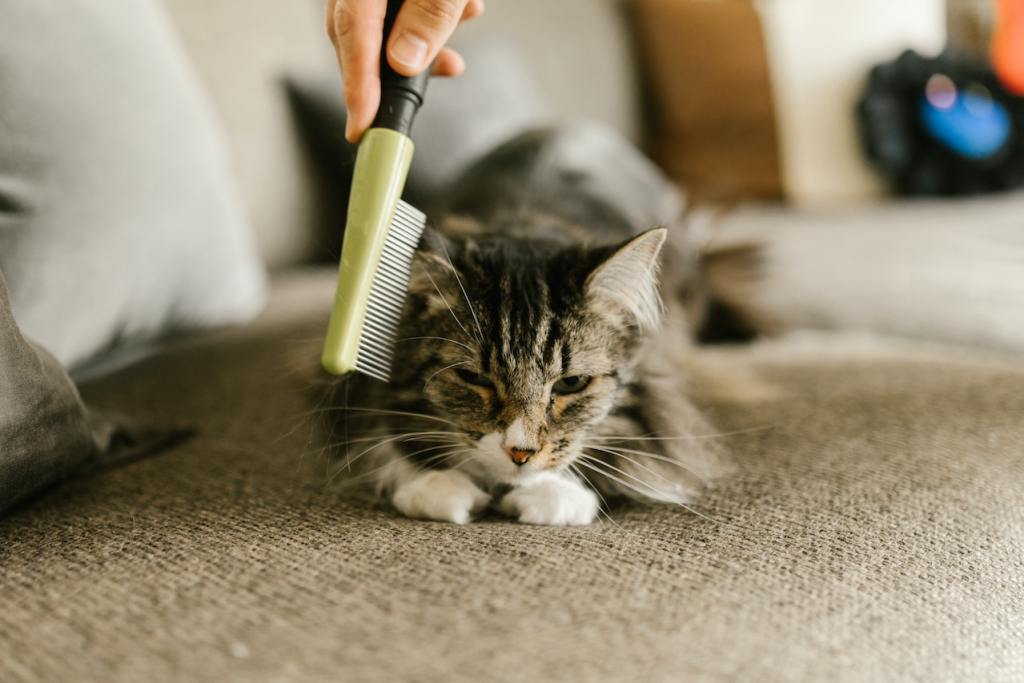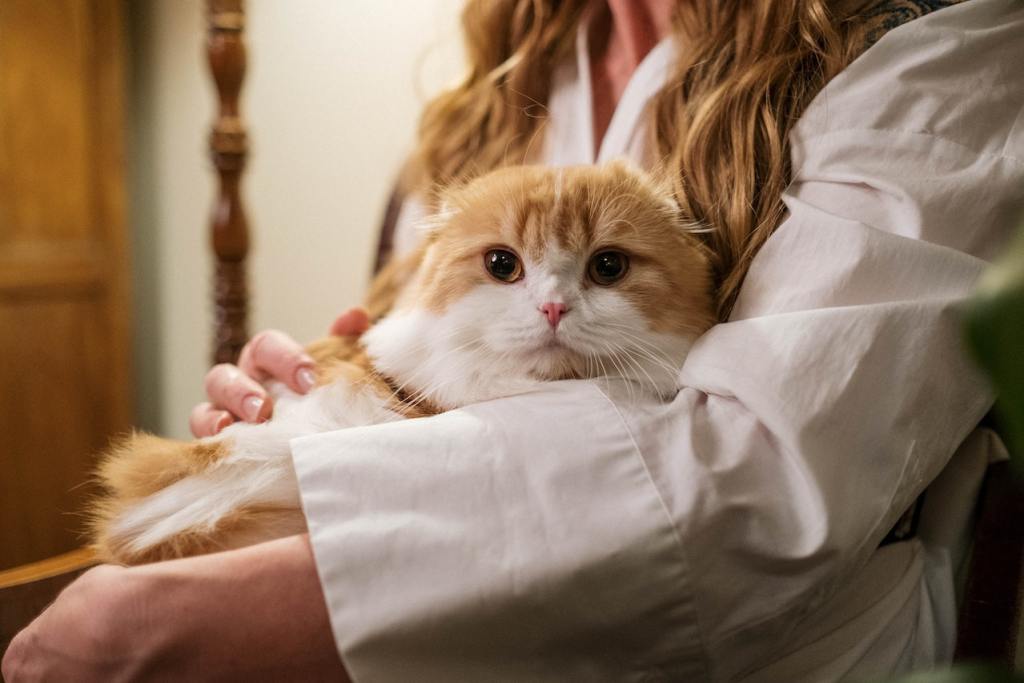We all kick off the new year with resolutions, but for pet lovers, the goal to be a better pet parent is a resolution worth keeping. From teaching your fur babies to get along to helping your cat kick a treat addiction, there are plenty of things we can do to improve our four-legged friends’ quality of life. We’ll take a deep dive into the top New Year’s resolutions pet parents should make to ensure their furry companions stay happy and healthy throughout 2023.

How to set a New Year’s resolution you’ll keep
We all start off the new year with the best of intentions, vowing to eat healthier, get more exercise, and spend less time doomscrolling on social media. However, by the end of January, the vast majority of people have already started to backslide — or have given up on their resolutions altogether. But when you’re setting resolutions with your fur babies in mind, keeping them is more important than ever. Try:
- Setting specific goals
- Limit your resolutions to things you can change
- Break down resolutions into smaller, actionable steps
- Rely on your friends and family for support
- Remember your “why”
Here are some of the best resolutions pet parents can set in 2023.

Top 5 New Year’s resolutions for pet parents
Staying motivated to achieve your goals can be a daunting task, but focusing your goals on your fur babies can help. Not only is involving your furry family a great way to stay on target, but it’s also a fantastic way of bonding with pets — and it can even improve pet behavior. Here are five resolutions we think all pet parents should make this year.
1. Make sure your pet stays active year-round
Although taking your four-legged friends for a walk during the winter months is not without its dangers, exercise is crucial to every animal’s mental and physical health. If going for a walk outdoors isn’t possible, there are plenty of ways you and your pet can stay active indoors.
Keep cats engaged with interactive cat towers, laser toys, and scratching posts. Dog parents can play a game of tug-of-war with their pooch. Puzzle feeders are also a fantastic option, especially if you spend a great deal of time away from home during the day.
2. Feed your pet a nutrient-rich diet… and cut down on treats, too
We get it. Most of our furry family members are highly motivated by food — and we can relate. Who doesn’t enjoy a treat now and then? Unfortunately, pet obesity is one of the leading contributors to health conditions like osteoarthritis and diabetes.
If helping your precious pooch or frisky feline curb their treat addiction sounds like an impossible task, you’re not alone. Take this opportunity to consult your veterinarian about a healthy, nutritious diet for your pet. You’ll want to make sure your family members are on board with your pet’s dietary changes, too.

3. Make your pet’s dental health a priority
According to Cornell University, between 50% and 90% of all cats aged 4 and older have some form of dental disease. For dogs, the rate of dental disease is even higher, with 80% of all dogs over the age of 3 experiencing symptoms of dental disease.
Excessive drooling, tooth discoloration, swollen or bleeding gums, and changes in eating habits can all indicate a potential issue with your fur baby’s dental health. Regular checkups with your vet are crucially important when it comes to maintaining your pet’s tooth and gum health, so be sure you schedule an appointment.
4. Teach your pets how to cohabitate peacefully
If you have more than one pet, it’s very likely they’ve squabbled in the past. While the occasional tussle between littermates is to be expected, constant fighting can lead to horrible consequences. If you’ve recently adopted a new pet, give your existing fur baby time to get to know their new family member. Keeping them separated initially and taking introductions slowly is a surefire way to keep the peace in your home.
Make sure your pets don’t have to compete for resources, such as food, water, and shelter. Give each of your lovies equal time and attention. Most importantly, keep an eye on your fur babies when they’re playing together. Your pets’ body language is the first indicator of their mood. By keeping tabs on how they’re feeling, you can prevent fighting before it even starts.
5. Take steps to ensure you have a pet-proofed home
While using baby gates and blocking outlets with plugs is common sense for parents of human children, pet parents may not always know which steps to take in order to keep their home safe for their furry kids.
Keep prescription and over-the-counter medications well out of reach, as common medications like acetaminophen and ibuprofen can be fatal if ingested. Household cleaning products, antifreeze, paints, certain indoor plants, and potentially toxic foods should also be kept away from your pets.

We’ve all been there before. The clock strikes midnight and we cheer as the ball drops, sip our champagne, and toast the new year while promising ourselves that this will be the year we keep our resolutions. This year, adhering to our top pet-centric resolutions will make keeping that promise easier than it’s ever been.



